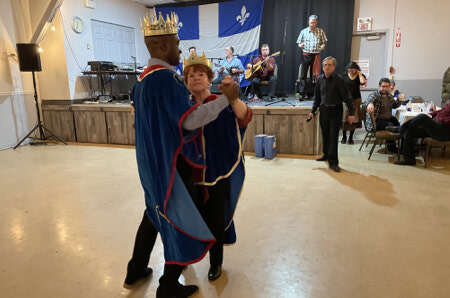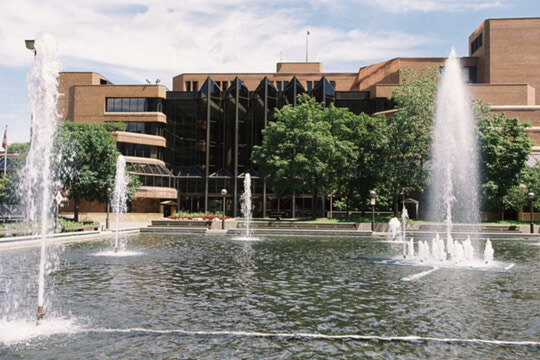PRIMA offers municipalities up to $100,000 for senior-friendly infrastructure
Tashi Farmilo
In a recent interview on CHIP 101.9, Normand Veillette from Loisir Sport Outaouais discussed the significant opportunities provided by the Municipal Infrastructure Program for Seniors (PRIMA). This Quebec government initiative offers substantial financial support to municipalities aiming to enhance infrastructure to better serve their senior populations. With grants available up to $100,000, PRIMA is designed to facilitate the development of age-friendly environments that cater to the needs of seniors, encouraging active and healthy lifestyles.
Municipalities have until June 18 to submit their applications for this program. Eligibility criteria include the adoption of a seniors policy and an Age-Friendly Municipality (MADA) action plan as part of the SA MADA approach support program. Even municipalities whose MADA action plan expired on January 1, 2022, are still eligible to apply for these grants. The program covers 100% of the cost of eligible projects, up to the $100,000 cap, which eliminates the need for municipalities to provide matching funds.
Veillette stressed the importance of early planning and thorough preparation for the application process. He highlighted that Loisir Sport Outaouais is available to assist municipalities in both planning and submitting their projects. "We encourage municipalities to validate their project scope and to reach out to us for support. We can provide estimates, planning documents, and necessary studies," Veillette explained. This support includes helping municipalities complete the often complex application forms. He noted, "We understand that completing these forms can be daunting, but our expertise makes it a straightforward process."
PRIMA's funding is not only for the benefit of seniors but also extends to improving accessibility for individuals with disabilities. The grants can be used for a variety of projects, including the development of recreational and sporting infrastructures, the installation of accessible benches and picnic tables, and the adaptation of public spaces to ensure they are user-friendly for seniors and those with mobility issues. Veillette suggested practical initiatives such as involving local senior clubs in public space evaluations to ensure that the projects meet community needs effectively. "Engaging senior clubs in evaluating public spaces can lead to more effective and appreciated improvements," he said.
Veillette underscored the potential impact of PRIMA on local communities, stating that well-planned infrastructure improvements can significantly enhance the quality of life for seniors, fostering greater engagement and utilisation of public spaces. He also noted that these improvements could act as catalysts for further municipal investments in senior-friendly infrastructure.
The PRIMA initiative represents a significant opportunity for municipalities to create more inclusive and supportive environments for their ageing populations, reinforcing the government's commitment to improving the quality of life for all citizens. For more information, visit: https://www.quebec.ca/habitation-territoire/infrastructures-municipales/programmes/aines/programme-infrastructures-municipales-aines-prima.





